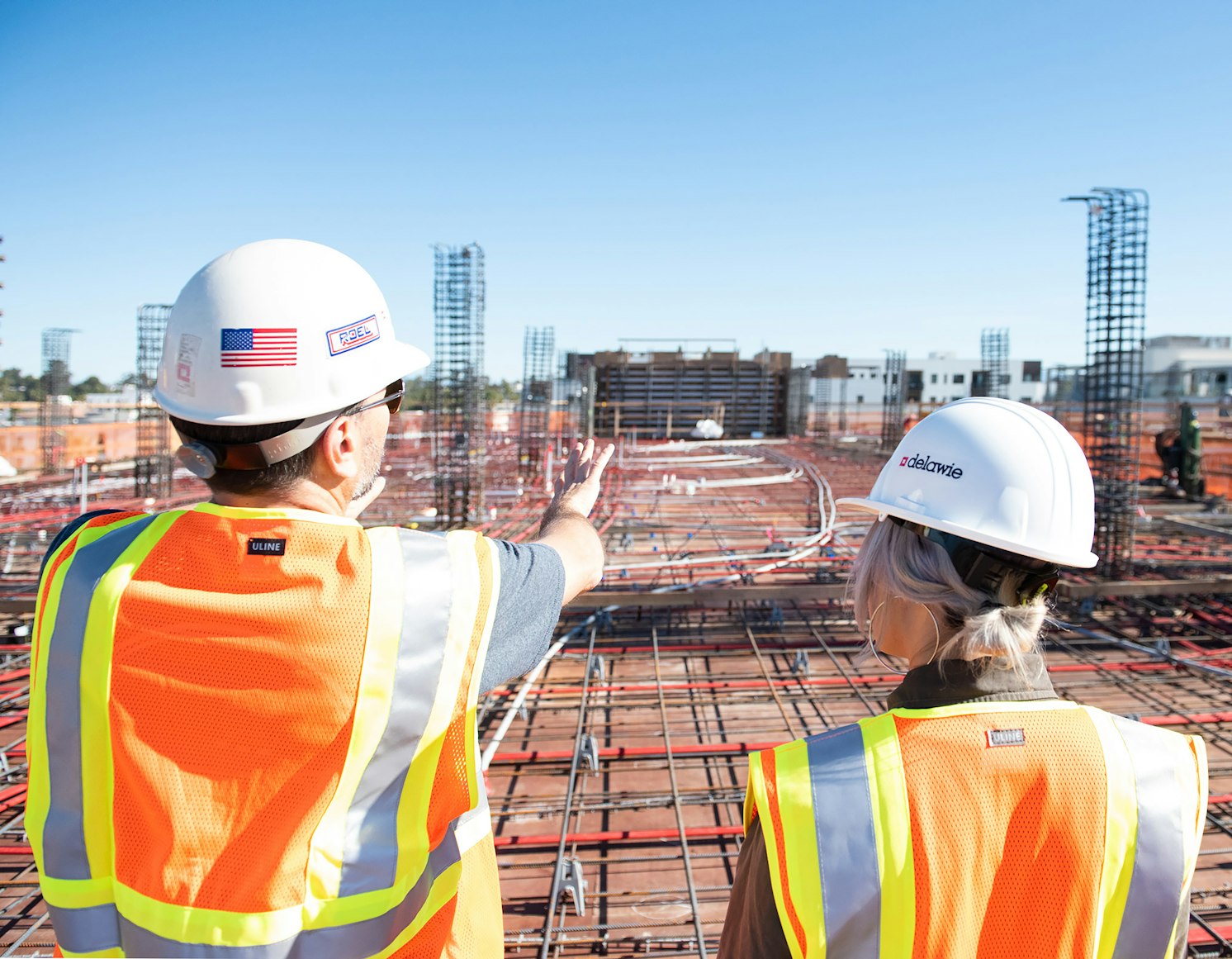Do You Need A Down Payment For A Construction Loan?
When it comes to building your dream home, financing can be a major hurdle. One of the most common questions that arises is whether a down payment is required for a construction loan. In this article, we will explore the ins and outs of construction loans and shed light on the down payment requirements.
Understanding Construction Loans
Construction loans are a type of financing specifically designed for individuals who want to build a new home from scratch or undertake significant renovations. Unlike traditional mortgages, which are based on the current value of a property, construction loans are based on the estimated future value of the completed project.
These loans are typically short-term and have higher interest rates compared to conventional mortgages. The funds are released in stages, known as draws, as the construction progresses. This ensures that the lender has control over the disbursement of funds and can monitor the project’s progress.
The Down Payment Requirement
Now, let’s address the burning question: do you need a down payment for a construction loan? The answer is, it depends. While some lenders may require a down payment, others may offer construction loans with no down payment. The specific requirements vary from lender to lender, so it’s crucial to do your research and shop around for the best options.
However, it’s important to note that even if a lender offers a construction loan with no down payment, it doesn’t mean you won’t have any upfront costs. There are other expenses associated with building a home that you need to consider, such as permits, architectural plans, and builder fees.
Benefits of a Down Payment
While a down payment may not always be mandatory, there are several benefits to putting money down when obtaining a construction loan:
- Lower interest rates: Lenders often offer better interest rates to borrowers who provide a down payment. This can result in significant savings over the life of the loan.
- Reduced loan amount: A down payment reduces the overall loan amount, which means lower monthly payments and less interest paid over time.
- Improved loan terms: Lenders may be more willing to offer favorable loan terms, such as longer repayment periods, to borrowers who contribute a down payment.
- Increased lender confidence: A down payment demonstrates your commitment to the project and reduces the lender’s risk. This can make it easier to secure financing.
Case Study: The Smith Family
To illustrate the impact of a down payment on a construction loan, let’s consider the case of the Smith family. They wanted to build their dream home and were considering two financing options:
- Option 1: A construction loan with a 20% down payment.
- Option 2: A construction loan with no down payment.
The total cost of the project was estimated at $500,000. Here’s how the two options compared:
Option 1:
- Down payment: $100,000 (20% of $500,000)
- Loan amount: $400,000
- Interest rate: 4%
- Loan term: 30 years
Option 2:
- Down payment: $0
- Loan amount: $500,000
- Interest rate: 4.5%
- Loan term: 30 years
By choosing Option 1, the Smith family would have a lower loan amount, resulting in lower monthly payments and less interest paid over time. Additionally, they would benefit from a lower interest rate, saving them thousands of dollars over the life of the loan.
Frequently Asked Questions
1. Can I use the equity in my land as a down payment?
Yes, if you already own the land on which you plan to build, you can use the equity as a down payment. The lender will assess the value of the land and consider it as part of your contribution towards the project.
2. How much down payment do lenders typically require?
The down payment requirement varies among lenders. Some may require as little as 5% to 10% of the total project cost, while others may require 20% or more. It’s essential to discuss the specific requirements with potential lenders.
3. Can I use a construction loan to renovate my existing home?
Yes, construction loans can be used for significant renovations or additions to an existing home. The lender will assess the estimated future value of the property after the renovations are completed.
4. Are there any government programs that offer construction loans with no down payment?
Yes, some government programs, such as the VA (Veterans Affairs) and USDA (United States Department of Agriculture) loans, offer construction loans with no down payment for eligible borrowers. These programs have specific criteria and are designed to assist certain groups of individuals.
5. Can I finance the down payment with a personal loan?
While it’s possible to finance the down payment with a personal loan, it’s important to consider the impact on your overall debt-to-income ratio. Lenders typically assess this ratio when evaluating loan applications, and a high ratio may affect your eligibility for a construction loan.
6. Can I negotiate the down payment requirement with the lender?
Yes, it’s worth discussing the down payment requirement with potential lenders. Depending on your financial situation and creditworthiness, some lenders may be willing to negotiate the down payment amount or offer alternative solutions.
Summary
While a down payment may not always be required for a construction loan, it can offer several advantages, including lower interest rates, reduced loan amounts, improved loan terms, and increased lender confidence. However, the specific down payment requirements vary among lenders, and it’s crucial to research and compare options to find the best fit for your needs. Additionally, even if a lender offers a construction loan with no down payment, there are still other upfront costs associated with building a home. By understanding the ins and outs of construction loans and considering the benefits of a down payment, you can make an informed decision and secure the financing you need to bring your dream home to life.
